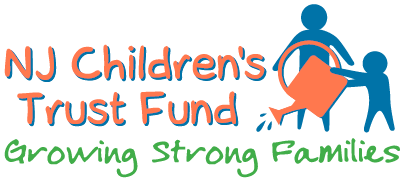Baby Safe Sleep
Safe Sleep Tips for Parents and Caregivers
- Place baby to sleep on his or her back.
- The safest place for baby to sleep is in a crib near your bed.
- Research shows that bed sharing (falling asleep with your baby) can be unsafe as adults (or children) can accidentally roll onto baby while sleeping.
- Bed sharing is especially dangerous if an adult has taken drugs, alcohol or medication that makes them sleepy.
- Adult beds are not safe as baby can get trapped between the mattress and wall, headboard or footboard.
- It is not safe for baby to sleep on a couch, with you or alone.
- Breastfeeding and bonding are very important to baby’s health. It’s okay to nurse baby in bed, but remember to place baby in the crib when it’s time to go to sleep.
- Baby can be placed on his or her stomach when awake. Supervised “tummy time” during awake hours allows for normal development.
- Provide a smoke-free environment for baby.
- Never lay baby to sleep on a pillow. Babies under one year old should never be given a pillow for the head.
- Soft materials can interfere with baby’s breathing. Baby should not sleep with pillows, quilts, comforters, heavy blankets, or stuffed toys.
- Use a wearable blanket or other type sleeper. Use safe sleepwear without strings or ties.
- Never lay baby to sleep near any appliances, toys or household items that dangle, such as window treatment cords, telephone wires, computer extensions, etc.
- Babies should never sleep with a hot-water bottle or electric blanket, next to a radiator, heater, or fireplace, or in direct sunlight.
- Bedroom temperature should not be too warm. Babies should not be overbundled.
Remember to share these tips with anyone who cares for your baby.
For information about Sudden Infant Death Syndrome contact:
The SIDS Center of New Jersey
1-800-545-7437
or
National Institute of Child Health & Human Development
"Back to Sleep" Campaign
1-800-505-CRIB
If you are feeling stressed out, call to speak anonymously with a trained volunteer who can listen and help:
Family Help Line
1-800-THE KIDS









